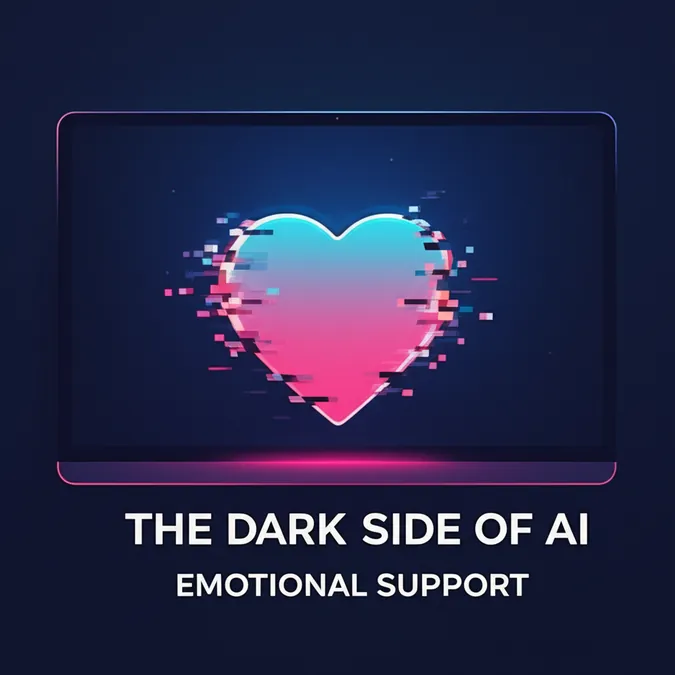Developer Offer
Try ImaginePro API with 50 Free Credits
Build and ship AI-powered visuals with Midjourney, Flux, and more — free credits refresh every month.
ChatGPT and DeepSeek AI Go Head to Head in Healthcare
The Growing Role of AI in Patient Education
Patient education is a cornerstone of effective stroke care and management. When patients clearly understand their health condition, diagnosis, and treatment options, it significantly improves their overall experience and outcomes. With the recent integration of powerful artificial intelligence tools into healthcare, creating high-quality, accessible patient education materials has become more efficient than ever, making AI a powerful asset for medical professionals.
Pitting AI Against Each Other A Comparative Study
To explore the effectiveness of these tools, a cross-sectional study was conducted to compare two prominent AI models: ChatGPT from OpenAI and DeepSeek AI from DeepSeek. Researchers prompted both AIs to generate patient education guides on three crucial imaging modalities used in stroke cases: digital subtraction angiography (DSA), non-contrast computed tomography (CT), and diffusion-weighted imaging (DWI).
The generated responses were meticulously assessed using several key metrics. The Flesch-Kincaid calculator was used to measure readability, analyzing variables like word count, sentence length, and syllable complexity to determine a grade level and an ease-of-reading score. The reliability of the information was evaluated using the modified DISCERN score, a tool designed to assess the quality of healthcare information. Finally, the similarity between the two AI outputs was measured using Quillbot. All data was analyzed statistically using R version 4.3.2.
The Verdict A Tie Between ChatGPT and DeepSeek AI
When it came to generating patient education materials for stroke imaging, both ChatGPT and DeepSeek AI demonstrated remarkably similar performance. The study found no statistically significant differences between the two models in terms of grade level, ease score, similarity, or reliability.
While there were minor, non-significant variations—ChatGPT occasionally produced content at a slightly higher grade level, and DeepSeek AI sometimes generated guides with higher ease scores—the overall performance was evenly matched. The similarity percentages between their outputs varied by topic but averaged out equally, and the reliability of the information from both AIs was uniformly high.
What This Means for the Future of Healthcare
The study concluded that both ChatGPT and DeepSeek AI performed similarly well in creating patient education guides that were easy to understand and highly readable. These results strongly suggest that either AI tool can be used effectively and reliably to support patient education in a clinical setting, empowering both patients and healthcare providers.
Compare Plans & Pricing
Find the plan that matches your workload and unlock full access to ImaginePro.
| Plan | Price | Highlights |
|---|---|---|
| Standard | $8 / month |
|
| Premium | $20 / month |
|
Need custom terms? Talk to us to tailor credits, rate limits, or deployment options.
View All Pricing Details

